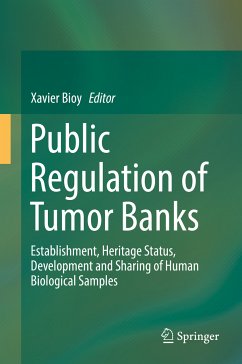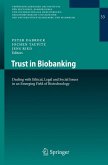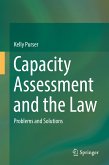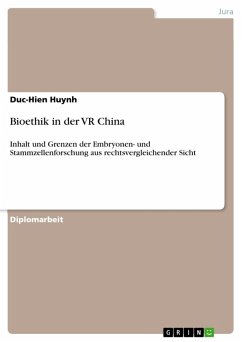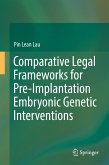- legal: the will of the source person; non-pecuniary damage; freedom to establish collections; competence in deciding on their use; legal frameworks for their distribution; desire for return on investment for public institutions, notably in terms of industrial and intellectual property.
- economic: cost of establishing and running biological resource centres; destroying resources; emerging markets; profit sharing.
- public health policy choices: prioritisation of therapeutic measures over research (fundamental or clinical trials); conservation of resources; promotion of scientific (and not commercial) value of collections.
The establishment, heritage recognition ("patrimonialisation"), development and sharing of these resources thus merit our calling into question present practices and their evolution, as well as the leverage available to public authorities (incentives, legislation, regulation) in a context where norms emerge from professional practice to become widely used in collaborative networks.
Filling a gap in the current literature on law and economics, which pays little heed to these specific considerations, this book explores these considerations to bring to light the economic implications of ethical choices and governance issues in the health sector (structural organisation of local, national and European actors in oncology).
It is intended for researchers in fields such as law, economics and biomedical sciences, as well as for public policymakers.
Dieser Download kann aus rechtlichen Gründen nur mit Rechnungsadresse in A, B, BG, CY, CZ, D, DK, EW, E, FIN, F, GR, HR, H, IRL, I, LT, L, LR, M, NL, PL, P, R, S, SLO, SK ausgeliefert werden.

